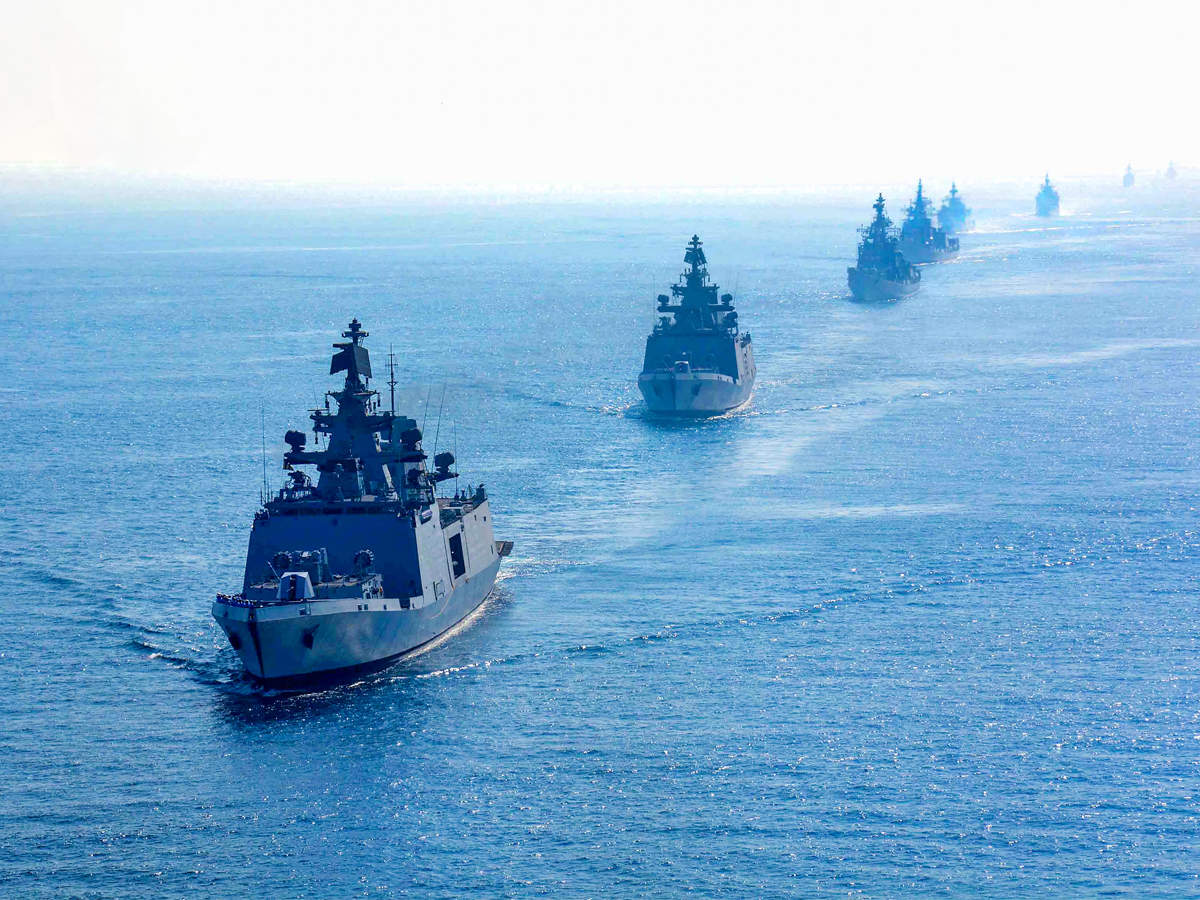The Indian Ocean is a crucial maritime corridor in global trade and energy transportation. It’s particularly significant for China, the world’s second-largest economy, reliant on oil imports passing through this route.
Table of Contents
China’s Strategic Achilles’ Heel
Daily, about 60 large crude oil carriers traverse from the Persian Gulf to Chinese ports via the Indian Ocean, a less guarded and more vulnerable route than the South China Sea. This area, dominated by U.S. naval presence, presents a strategic weakness for China, especially in a conflict over Taiwan or East Asia.
Indian Ocean and China’s Naval Challenges
In a war situation, Chinese oil tankers in the Indian Ocean would be at risk, lacking sufficient naval protection and air support. This vulnerability offers escalated options for China’s adversaries, ranging from harassment to potential blockades, echoing historical naval strategies targeting economic resources.
China’s Response and Limitations
Despite efforts to modernise its military and secure vital trade routes, China faces challenges in protecting these lifelines. Its only dedicated military base in Djibouti lacks comprehensive capabilities, contrasting sharply with the robust U.S. presence in the region.
The “String of Pearls” Strategy
China has been weaving a strategic network, often called the “String of Pearls” encompassing various port and land facilities in Pakistan, Sri Lanka, Myanmar, Nepal, Bangladesh, and Maldives. This strategy aims to encircle India and project Chinese power in the Indian Ocean.
Maldives: A New Strategic Front
The Maldives has emerged as a significant pearl in this strategy, with China successfully fostering relationships and influencing the political landscape in the region. This involvement highlights China’s long-term strategy of regional dominance, challenging India’s influence.
China-Vietnam Relations: An Ideological Alliance
Amidst these developments, China’s relations with Vietnam have taken a strategic turn. The recent visit of Chinese President Xi Jinping to Vietnam, marking the 15th anniversary of their Comprehensive Strategic Partnership, demonstrates a deepening of ties built on shared communist ideology. This relationship is nuanced, balancing assurance and deterrence strategies, and reflects the complex dynamics of regional politics.
U.S.-Taiwan Collaboration: Expanding Global Engagement
In parallel, the United States and Taiwan are exploring ways to deepen Taiwan’s participation in international forums, countering China’s efforts to isolate Taiwan globally. This collaboration addresses global challenges like public health, aviation safety, and climate change, further complicating the geopolitical equation.
Recent Elections in Taiwan
Andrew Hsia, a senior leader from Taiwan’s main opposition party, Kuomintang (KMT), visited China for meetings with the Taiwanese community there. One month before Taiwan’s elections, this visit has drawn criticism from the ruling Democratic Progressive Party (DPP), especially for its timing and perceived secrecy. Hsia’s trip is part of KMT’s efforts to strengthen ties with China, contrasting with the DPP’s stance on Taiwan’s sovereignty.
It highlights how these elections serve as a barometer for Taiwanese attitudes towards China, with implications for the island’s future political direction and stance on independence or closer ties with the mainland. The election results are crucial in the context of the ongoing geopolitical tensions in the region.
Navigating the Tense Maritime Chessboard
The Indian Ocean remains a strategic chessboard where major powers maneuver for influence. China’s vulnerabilities and ambitions, the strategic positioning of the United States, and the evolving relationships of regional players like India, who retaliates with a diamond necklace strategy around the Indian Ocean to counter China, Maldives and Vietnam, all contribute to the complexities of Indo-Pacific geopolitics.
